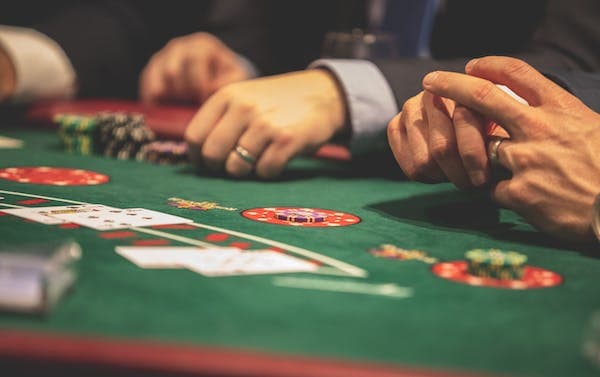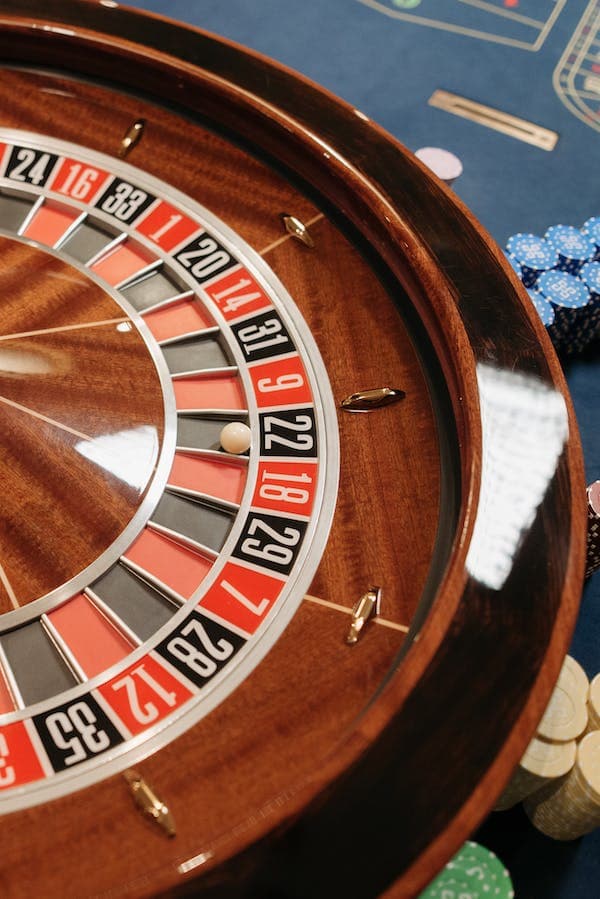Casino Chronicles: Non-Fiction Books on Gambling History

The growing popularity of gambling is fueling interest in this topic among people who previously ignored it. As a result, literature on this topic is becoming increasingly popular. Some people find it a way to have a good time, while others seek practical advice. Non-fiction books about casinos can be helpful in both cases. They contain information and advice on strategies, casino tactics, and preferred types of games. Study books can improve your skills and increase your chances of winning in particular disciplines.
Before moving on to real gambling, beginners can read the following non-fiction casino books that provide practical advice on how to play. Some authors analyse psychology, while others use a mathematical approach.

Scarn’s Complete Guide to Gambling by John Scarn
The book discusses almost every aspect of gambling, including its history, legal status, mathematical probabilities, and winning tactics and even cheating methods. In addition to many jokes and insider gaming information, he talks about many of the people and events he encountered while working as a gambling specialist.
Most publications released each year fall short of this how-to guide. There are still people reading John Scarn’s works. Until he died in 1985, he was considered the world’s leading authority on gambling and the most incredible card magician of his time.
Roll the Bones by David G. Schwartz
For a broad but compelling history of gambling, Schwartz’s Roll the Bones is an ideal starting point. Betting wasn’t invented in Las Vegas, and modern table games only sometimes looked like they do today. These games result from thousands of years of development in which different cultures have contributed to gambling. Schwartz’s epic journey through history takes us from prehistoric knuckle-rolling to the emergence of Las Vegas as a modern tourist destination.
Schwartz not only takes us through time but also across continents. The book explores everything from twelfth-century China, where playing cards were invented, to the role of the British Empire in spreading gambling around the world. The ambition of Schwartz’s work makes it a must-read for anyone interested in the history of casinos.
The 1000 Best Casino Gambling Secrets by Bill Burton
With 1,000 sentences spread across the book’s 16 chapters, it covers most gaming-related topics. Professional gambler Bill Burton discusses all significant forms of gambling, offers various strategies, and discusses the basics of bankroll management, additional alternatives (such as promotions and bonuses), and services provided by casinos. In his book, Bill Burton says a lot:
- Basic strategies in poker.
- Mathematical systems in popular disciplines.
- Additional casino services.
- Features of high stakes games.
The author claims that luck is optional to get stable winnings. Success largely depends on a person’s abilities.
Always bet on The Butcher by Warren Nelson
Always Bet on the Butcher is a unique piece of oral history that takes us through Warren Nelson’s experiences in the American casino industry from the 1930s to the 1980s. Nelson provides his unique perspective on the development of casinos in the United States, from the Great Depression to Nelson as a key figure in Las Vegas. Nelson tells true stories that are as memorable as any work of fiction.
One story from the 1940s explains how a casino operator used live mice on a roulette table, with the mouse scurrying around the wheel until it chose a hole to settle in—the number above that hole was the winner. This option did not take root.
A renowned innovator, the work of people like Nelson paved the way for many modern variations of online casino games.
All About Roulette by John Gollehon
The author of the critically acclaimed bestselling book What Casinos Don’t Want You to Know has written just 19 pages of content. Although the book is short, it was released as a separate edition in 1987, and offers detailed answers to common beginner questions. This book is recommended as it is a simple and fun guide to beating the dealer at roulette.
The author first provides a brief historical context before moving on to scary mathematics and humorous anecdotes from everyday life. Next, the author discusses methods of victory. The reader is led to believe that a successful system is based on the study and use of several indicators. The initial location of the ball is relative to the wheel, and the rotation speed is the basis of the timing principle. The dealer’s signature handwriting and the reflectors’ ball-slowing effect are also considered.

Conclusion
The gambling world offers a unique combination of excitement, strategy, and high stakes that captures the imagination of players and enthusiasts. One of the most effective ways to expand your knowledge and understanding of this exciting field is to study the many well-written books on gambling available in the literary world. These beautiful works entertain and inspire young players with famous stories and valuable knowledge.